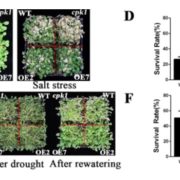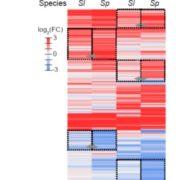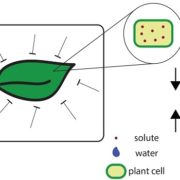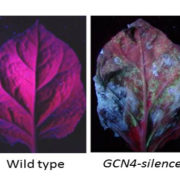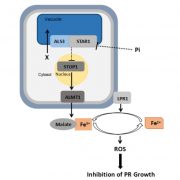Rapid and dynamic alternative splicing impacts the Arabidopsis cold response transcriptome ($) (Plant Cell)
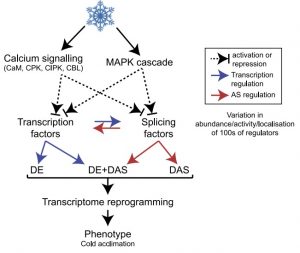 Plants experience abiotic stresses, such as alteration of temperature, and their responses have been studied through transcriptomics and proteomics approaches. X et al have studied how low temperature stress affects the transcriptome through alternative splicing. The author showed that a few hours after cold stress, rapid alternative splicing occurs. Interestingly, some of the early alternatively-spliced genes are cold-responsive transcription factors and splicing factors/RNA binding proteins (SF/RBP). From this early alternative spliced set of genes, the authors identified four genes previously known to be involved in freezing tolerance and acclimation. One of these encodes a splicing factor, and mutant plants show a reduced ability to tolerate freezing. These studies demonstrate that alternative splicing contributes to freezing tolerance. (Summary by Arif Ashraf) Plant Cell 10.1105/tpc.18.00177
Plants experience abiotic stresses, such as alteration of temperature, and their responses have been studied through transcriptomics and proteomics approaches. X et al have studied how low temperature stress affects the transcriptome through alternative splicing. The author showed that a few hours after cold stress, rapid alternative splicing occurs. Interestingly, some of the early alternatively-spliced genes are cold-responsive transcription factors and splicing factors/RNA binding proteins (SF/RBP). From this early alternative spliced set of genes, the authors identified four genes previously known to be involved in freezing tolerance and acclimation. One of these encodes a splicing factor, and mutant plants show a reduced ability to tolerate freezing. These studies demonstrate that alternative splicing contributes to freezing tolerance. (Summary by Arif Ashraf) Plant Cell 10.1105/tpc.18.00177


